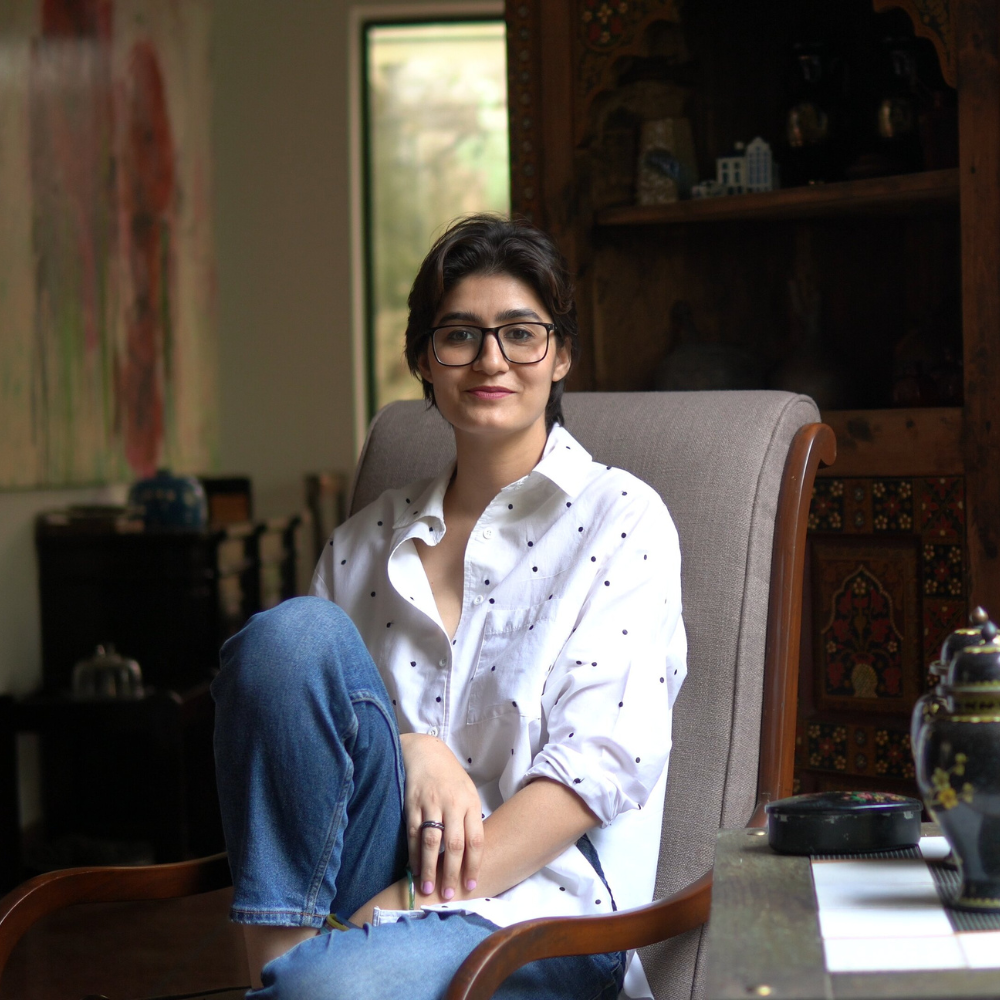
Rabbania Shirjeel
Saturday 1st Feb
Zal:Reel Identity
Location: Gallery 1 Tasweerghar will curate a photography exhibition by Aiman Amin that centers on a deeply personal and cultural exploration of Balochi women's lives. The exhibit features a series of photographs, including self-portraits of the artist, with embroidered motifs serving as powerful stamps of identity. Another series of with portraits of Baloch matriarchs in their stark local environments follows, photographs of the women in the places they inhabit, and video footage capturing their everyday lives. Aiman Amin’s work is inspired by archival photographs and oral histories of Baloch women across generations, particularly within her family. Her photography blends historical references with contemporary reinterpretations to document and celebrate the visual representation of Balochi women. It also pays homage to fading traditions, such as Balochi embroidery and the legacy of face tattoos, offering a poignant reflection on cultural memory and resilience. Through this series, Aiman, herself a Baloch woman, positions Balochi women as protagonists of their own stories—central figures of discovery, storytelling, and strength.
Sunday 2nd Feb
Zal: Reel identity Tasweerghar
Location: Gallery 1 Tasweerghar will curate a photography exhibition by Aiman Amin that centers on a deeply personal and cultural exploration of Balochi women's lives. The exhibit features a series of photographs, including self-portraits of the artist, with embroidered motifs serving as powerful stamps of identity. Another series of with portraits of Baloch matriarchs in their stark local environments follows, photographs of the women in the places they inhabit, and video footage capturing their everyday lives. Aiman Amin’s work is inspired by archival photographs and oral histories of Baloch women across generations, particularly within her family. Her photography blends historical references with contemporary reinterpretations to document and celebrate the visual representation of Balochi women. It also pays homage to fading traditions, such as Balochi embroidery and the legacy of face tattoos, offering a poignant reflection on cultural memory and resilience. Through this series, Aiman, herself a Baloch woman, positions Balochi women as protagonists of their own stories—central figures of discovery, storytelling, and strength.